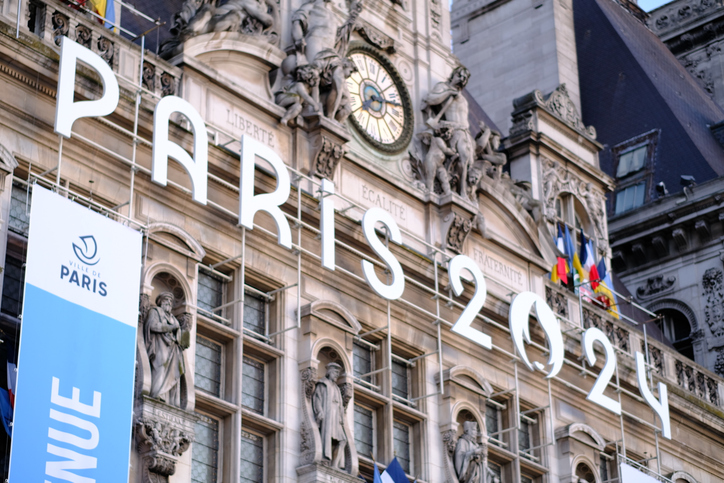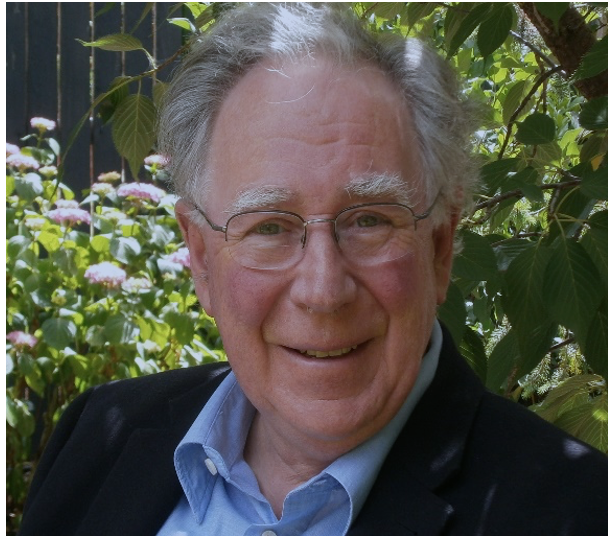The Olympic Games are not neutral and often used for non-sporting political and cultural purposes as the Paris Opening showed
August 8, 2024
I’ve never been a fan of the Olympics, although I occasionally check to see how Australia is going on the medal tally. I watched a bit of the opening extravaganza – it certainly wasn’t a “ceremony” – but got bored with Gallic self-importance, so I missed the Last Supper parody with a drag queen representing Jesus.
Except, according to organizer Thomas Jolly, it wasn’t inspired by Leonardo’s Last Supper, but by Dionysus, the Greek god of booze. Jolly assured us he wouldn’t “mock anyone”, saying he wanted “to create a big pagan party.”
Give me a break, Thomas! It was certainly a parody of Leonardo da Vinci’s Last Supper.
I’m also a firm believer that an ability to laugh at one’s own beliefs and faith is a sign of true religion. “God in heaven laughs” Psalm 2 says unequivocally. So, if you’re a believer, you need to be able to “cop it sweet” and not take your commitments too seriously.
The problem with the whole Olympic opening extravaganza was that it took itself far too seriously. And the “Last Supper” wasn’t “blasphemous” or “Satanic”, as some claimed. It was simply tasteless, ugly and a degradation of those participating. For me as a believer that was what was most offensive – an image of my faith being reduced to tasteless and unintelligent parody.
Thomas Jolly assured us that he “wanted everyone to feel represented.” Now I don’t often quote The Spectator, but as Gareth Roberts said of Monsieur Jolly’s notion of “feeling represented”: “This is a telling remark. Because ‘everyone’ doesn’t actually mean everyone, it means only the narcissistic elements of newly sacralised minorities. Nobody else exists” (July 27, 2024).
Beyond Gallic self-importance, there’s an ideology at work in this so-called “representation”. Other clues to it were the images of a headless Marie Antoinnette in the windows of the Conciergerie, a former prison and court house on the Île de la Cité near Notre Dame The images backgrounded the heavy metal band Gojira doing Ah! Ça Ira, a rather tuneless revolutionary ditty from 1790. The Gojira frontman, Joe Duplantier, assured us that this “very bloody era of French history … was very metal.” Sure was; some 18,000 people were executed during the Reign of Terror (September 1792-July 1794).
The historical reality underlying the “Last Supper” and the Marie Antoinette parodies began in the 1789 Revolution and has continued for 230 years. It’s given expression in the hard-to-translate word laïcité, which politically refers to the complete separation of church and state.
Jolly’s “Last Supper” was an example of a laïcité-inspired cultural secularism which regularly tempts an over-reaction, claiming that any response is Catholicism trying to regain its pre-revolutionary power. As French historian, Sylvie Le Grand says, the word laïcité “continues to exert a strong pull in broad sections of society, regularly triggering passionate debates as few other topics are able to do in our country.”
Aware of this, the French bishops responded cautiously to the parody and the Vatican didn’t react for several days.
Laïcité became particularly assertive in the period between the 1870 overthrow of Napoleon III, the brief rule of the Paris Commune (when 40,000 people died) and World War II. Things were particularly toxic under the Third Republic (1871-1940), the period of the “war of the two Frances,” an antagonistic cultural confrontation between the catholiques and the laïcs.
Philosopher, Charles Péguy commented that in France Tout commence en la mystique et tout finit en politique, “Everything begins in ideological mysticism and everything ends in politics.” The Catholic aristocrat and social reformer, Albert be Mun was blunter: “Either the church must kill the revolution, or the revolution will kill the church.”
I’m not pretending that nineteenth century Catholicism is without blame with its royalist, anti-democratic pretensions, illustrated in the appalling anti-Semitism of the Dreyfus case. But successive republican governments aggressively pushed the church out of education and public life, expelling some 20,000 priests and religious from France in 1905.
Since 1945 church-state relations have been less confrontational. Nowadays laïcité tends to be expressed culturally and symbolically rather than politically, as Jolly showed when he appealed specifically to “republican ideas” of inclusivity, generosity and solidarity when defending his parody.
The French church is now largely reconciled with the Republic and post-1945 French theology and social action has been at the cutting edge of the French church and state. But, as the 2011 ban on the full-face Islamic veil showed, laïcité continues to exert a strong cultural influence.
All of this may seem remote from Australia’s success in the 2024 Olympics. But it illustrates how international sporting events can be easily used by self-interested groups with a particular cultural or political agenda to gain world-wide coverage for their ideologies.

